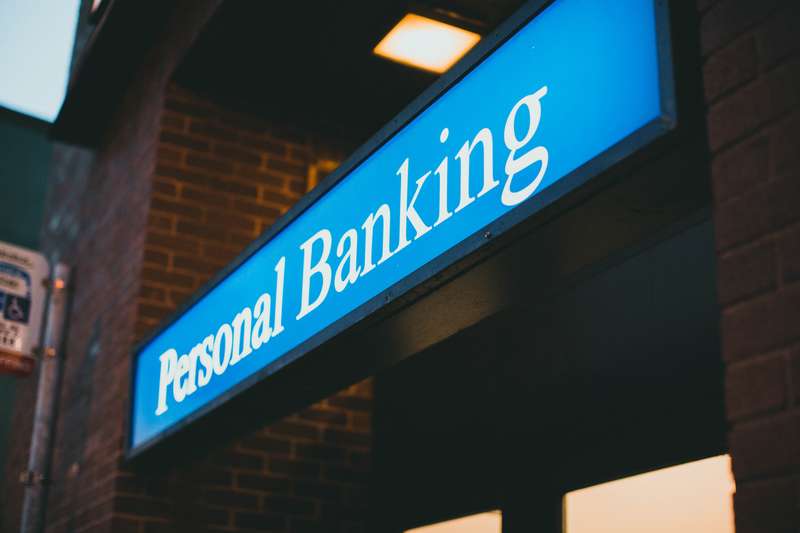Bank fraud and scams are unfortunate risks that one must always take the necessary precautions against. Protecting your hard-earned money will always be BCFU’s first responsibility. However, it is important to know what you can do on your part as well.

Looking for tips on how to avoid and prevent fraud from happening? This post will discuss the most common kinds of scams and frauds. Then we will give several options of what you can do to protect yourself from these scenarios ever happening to you.
If you’re interested in learning how to best avoid fraud, keep reading.
Common Fraud And Scams For Bank Fraud
There are many different kinds of fraud. Scammers are always looking for new ways to commit their crimes, so the important part is knowing what to look for. Here are some of the most frequent types.
Charity scams are when a fraudster poses as either a real or imaginary charity and asks for donation money. They may even say they’re following up on a donation pledge. These tend to increase around the holiday season, or after major natural disasters.
Fake communication from your “bank” scams happens by scammers leaving emails, texts, or calls that appear to be from your bank. BCFU will never email you asking for personal information or requesting money to activate an account or card.
Debt collection scams happen when a scammer reaches out posing as a debt collector to have you pay for the debt you don’t owe or already paid.
Debt relief scams commonly promise to settle or somehow change the terms of a person’s debt to a creditor. Dealing with these persons can be tricky, leaving you even further in debt than before.
Mortgage loan modification scams are schemes that may take your money or even your home. Scammers make a promise to save you from foreclosure, and in return, they ask that you sign over paperwork, pay an upfront fee, or even sign over the title of your property.
Grandparent scams are when a fraudster who may even sound exactly like a grandchild calls asking to send money or gift cards to get them out of trouble.
Imposter scams are when the scammer pretends to be part of a government agency, like the Federal Trade Commission. They may threaten to take legal action if you don’t pay the supposed debt, but no real government agency collects payment this way.
Overpayment scams can happen if you sell products online. The scammer starts by sending a fake check for more than the owed amount. Next, they’ll ask you to deposit the check and wire the difference back to them. Since the check was fake, you’re out of the funds you wired them and your product.
Check-cashing scams are when an individual approaches you outside a bank and asks you to cash a check for them. They may say it’s an emergency. When you cash the check and give them money from your account, when the check doesn’t clear days later the funds will be held against your account.
Unsolicited-check fraud is when you receive a check in the mail you weren’t expecting. It may look like a rebate check. If you sign and cash it, there is a chance you are entering a legally binding contract that may authorize a loan or other long-term commitment.
Phishing scams work by the scammers sending texts and/or emails to trick the person into giving away their personal information. Typically, this is done by providing a link for the individual to press that will give away their private information.
Protect Yourself Against Bank Fraud
Frauds and scams will be a risk as long as people keep falling for them. Doing your part to become aware and educate yourself is the first step.

Keep your passwords and account PIN private. Do not write down your passwords on paper, in an email, or a text message. These methods are easy for scammers to intercept.
Do not cash checks for other people. Do not let your generosity get in the way of your gut instinct when it comes to trusting other people.
Don’t share personal information. Don’t give out your social security number, email, address, password, or PIN to anyone you don’t trust. Legitimate financial institutions like BCFU will never ask for your personal information via email.
Avoid high-pressure sales tactics. Walk away from any sales pitch that pushes you to sign immediately without doing your due diligence and comparing prices.
Avoid paying up-front fees. If you’re being promised something with the only request being you pay up-front first, do not proceed. BCFU will never ask for money to activate your card or account.
Report lost cards immediately. If you notice your card is missing, act quickly and call BCFU to replace it. Stop fraud before it has the chance to happen.
Change your passwords every so often. This way, if your password is accidentally shared with someone you don’t trust, you will help your chances of being hacked.
Watch your accounts regularly. If something has changed and there is suspicious activity, you are much more likely to notice if you have a habit of checking your accounts often. Keep an eye out for strange charges.
Trust your best judgment. If your gut is telling you something is wrong, listen to it. Whether it’s clicking on an email link or giving out your information, it’s important not to push away the part of you that is unsure.
File a report. If you are suspicious that you have fallen for a scam, report it promptly to the proper authorities. Reach out to your bank or financial institution for support and guidance on what to do next.
Avoiding scams is possible for you and your loved ones. By knowing the signs to look for and taking precautions, you can prevent your information from being leaked. Being proactive about guarding your personal information is the best defense against the world of fraud.


